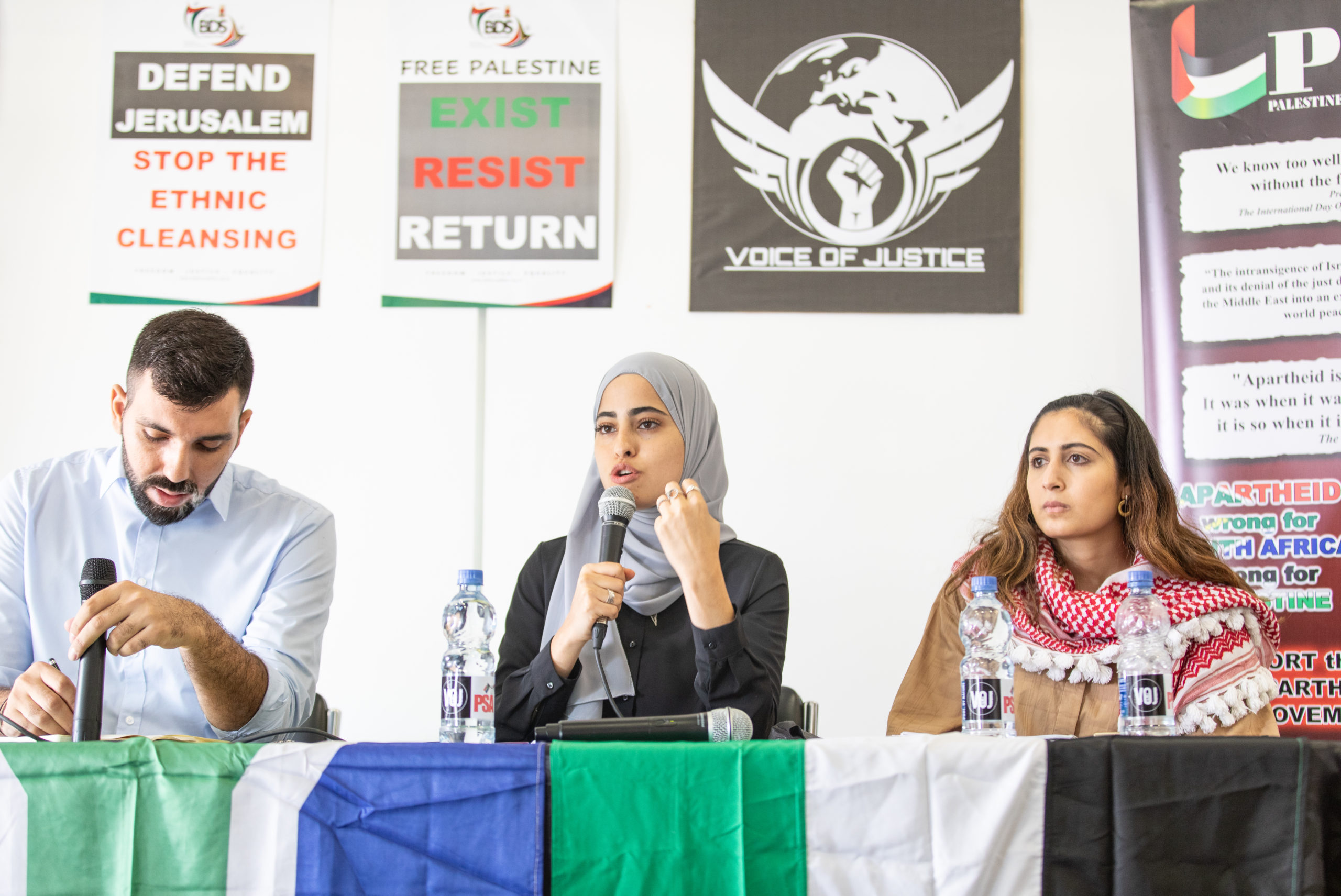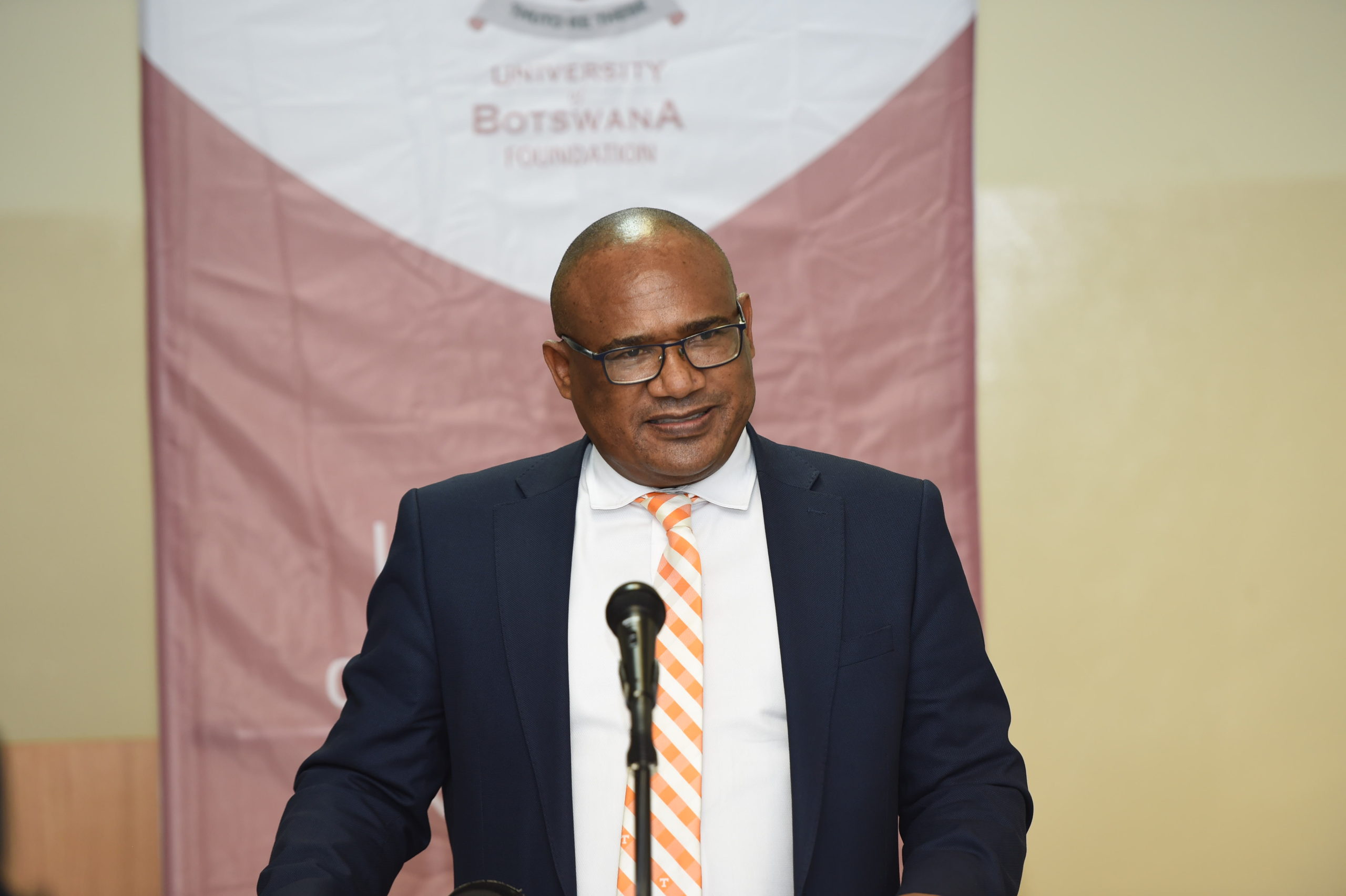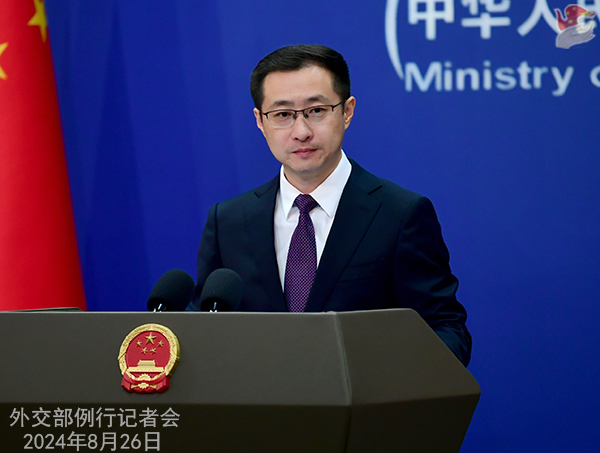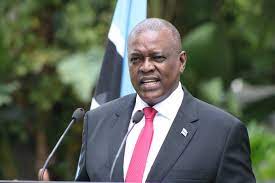
Incomplete revolution? Muna El-Kurd (L) engages with Shaeera Kalla on youth struggles and the use of social media. Photo credit: Mohammed Faadil Cassim
From Palestine to Nigeria, young people are using social media to change the rules of political engagement, writes Suraya Dadoo
In 2010, twelve-year old twins, Muna and Mohammed El-Kurd, used a camera to document being forced to share their home in occupied East Jerusalem with Israeli settlers, who had taken over the front part of their house. Resisting the forced removal, the El-Kurds continued to live at the back of their house in Sheikh Jarrah.
Their video diaries – shot on a battered Sony Handycam – were uploaded to YouTube. Instagram hadn’t been launched yet; Blackberry was the most popular mobile phone; and Apple had just unveiled the iPhone 4. But with over a million YouTube views, the twins reached today’s equivalent of “going viral” – offering the world a glimpse of how Palestinians were being displaced and replaced with Israeli settlers.

Muna and Mohammed came of age in the era of social media. So it was no surprise, then, that when their family – along with others – faced the threat of losing their homes this year, the now-23 year old university graduates – armed with smartphones and powered by Instagram Live – broadcast the daily violence they faced from armed settlers and police.
Using #SaveSheikhJarrah, Muna and Mohammed’s feeds were filled with footage of settlers attacking families, and Israeli police using skunk water, sound grenades and smoke bombs against protesters. When Israel banned journalists from entering Sheikh Jarrah, Muna provided live updates to online audiences.
Their plan was simple. “No edits, no narration. People watch the footage and make up their own minds,” explains Muna, who was in Johannesburg recently to engage with youth about their common struggles.
Within a few weeks, they amassed over three million followers, including social media heavyweights like supermodel Bella Hadid, musician The Weeknd, and US politician Alexandria Ocasio-Cortez.
Their fluency in English made Muna and Mohammed the go-to source for media requiring information about Israeli expansionism in Jerusalem.
By late April, #SaveSheikhJarrah morphed from an online hashtag into street protests throughout occupied Palestine. Unable to control digital mobilisation, Israel responded with violence against Palestinians.
Muna and Mohammed became the face of – not just Sheikh Jarrah’s resistance to dispossession – but of Palestine’s struggle.
Crucially, they also translated their influence to mainstream media. Mohammed appeared on CNN and MSNBC emphasiing that this was an occupation of Palestine by Israel – rather than a “conflict.”
Israel arrested and briefly detained both siblings in June.
TIME magazine included Muna and Mohammed in its 100 Most Influential Young People in the World list for 2021 for disrupting the rhetoric on Palestine-Israel.
“Social media was a last resort because we couldn’t rely on the legal system or media for justice,” admits Muna.
That’s also what drove young Nigerians during #EndSARS protests last year, says Adeyeye Olorunfemi. Nigeria’s Special Anti-Robbery Squad (SARS), designated to combat armed robbery is known instead for extortion, assault, rape, torture, and murder.
Like #SaveSheikhJarrah, there was a seamless transition between online and street campaigns for #EndSARS. Thousands responded last October to online calls to converge at Lekki toll gate in Lagos. The Nigerian army used live ammunition to disperse the crowds, killing at least 12 people.
Spreading quickly to other states, #EndSARS became the biggest social change movement in Nigeria. Nigerian celebrities Burna Boy and Davido, Premier League footballer Marcus Rashford, and hip-hop stars Kanye West and P Diddy amplified the message globally.
SARS has been replaced, and judicial panels established to hear testimony from people who have experienced police brutality.
In 2020, hashtags fuelled several other successful campaigns in Africa. Gender-based violence in Namibia was underlined through #ShutItAllDownNamibia. In Cameroon, #EndAnglophoneCrisis drew attention to the discrimination faced by the country’s English-speaking citizens. The #CongoIsBleeding campaign highlighted violence against women and children in the DRC.
Wary of social media’s power, some governments responded to youth dissent with internet blackouts. The Eswatini government shut down the internet during recent pro-democracy protests. Sudan imposed a digital blockade while a coup was unfolding last month.
Other attempts at censorship are more astute. El-Kurd says Israel used devices to block cell-phone signals while activists were live-streaming from Sheikh Jarrah.
Nigeria and Kenya are seeking to introduce new laws to regulate online spaces, criminalising government criticism.
In April, Uganda introduced a 12% tax on data. Internet usage has already declined. Social media was widely used by young opposition leader, Bobi Wine, to challenge Ugandan president Yoweri Museveni.
The revolution is incomplete
Despite the successes achieved by #SaveSheikhJarrah, El-Kurd knows this is an unfinished project. “It’s not about saving Sheikh Jarrah, it’s about freeing Palestine,” she says. Shaeera Kalla, seated next to El-Kurd, nods in agreement.
Kalla was at the centre of South Africa’s #FeesMustFall six years ago. “The movement is incomplete,” acknowledges Kalla. The ultimate goal, she says, it to reshape economics, so that dignity and wellbeing don’t come with price tags.
Adeyeye Olorunfemi also knows the struggle is far from over. “#EndSARS is about citizenship. We must fight against corruption and impunity that threatens our freedom,” he says. Having just returned from a memorial for victims of the Lekki massacre, Olorunfemi says “there is no other option for Nigerians.”
Armed with a hashtag in one hand and a fierce fighting spirit in the other, young people are forcing those in power to hear them.
Suraya Dadoo is a freelance writer in Johannesburg. Find her on Twitter: @Suraya_Dadoo









